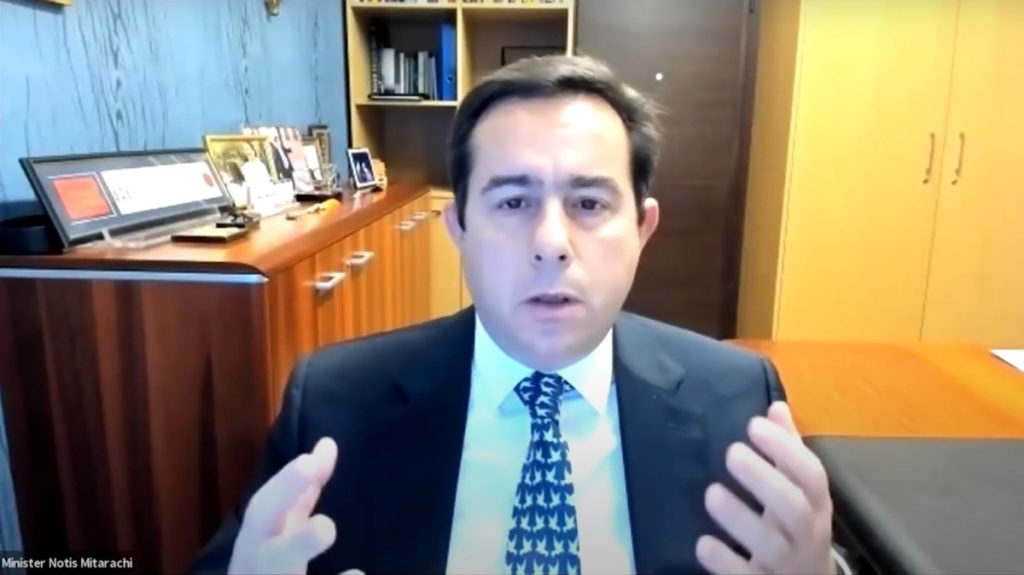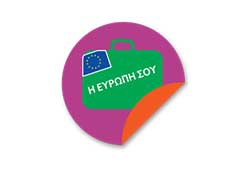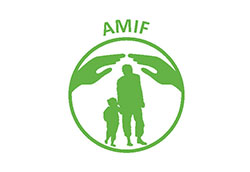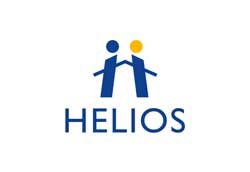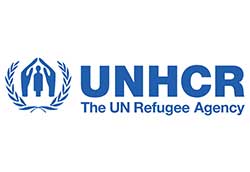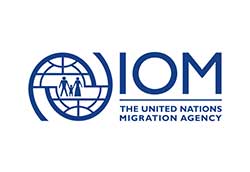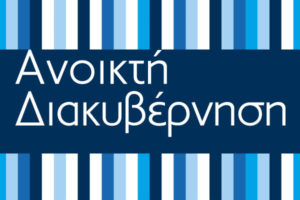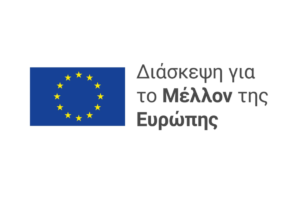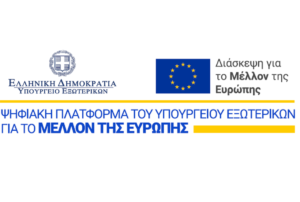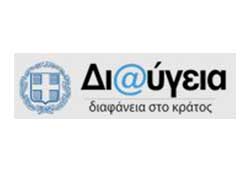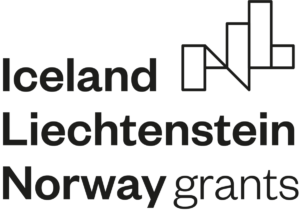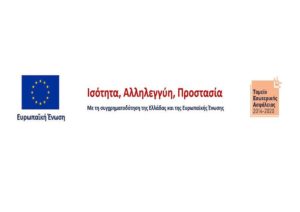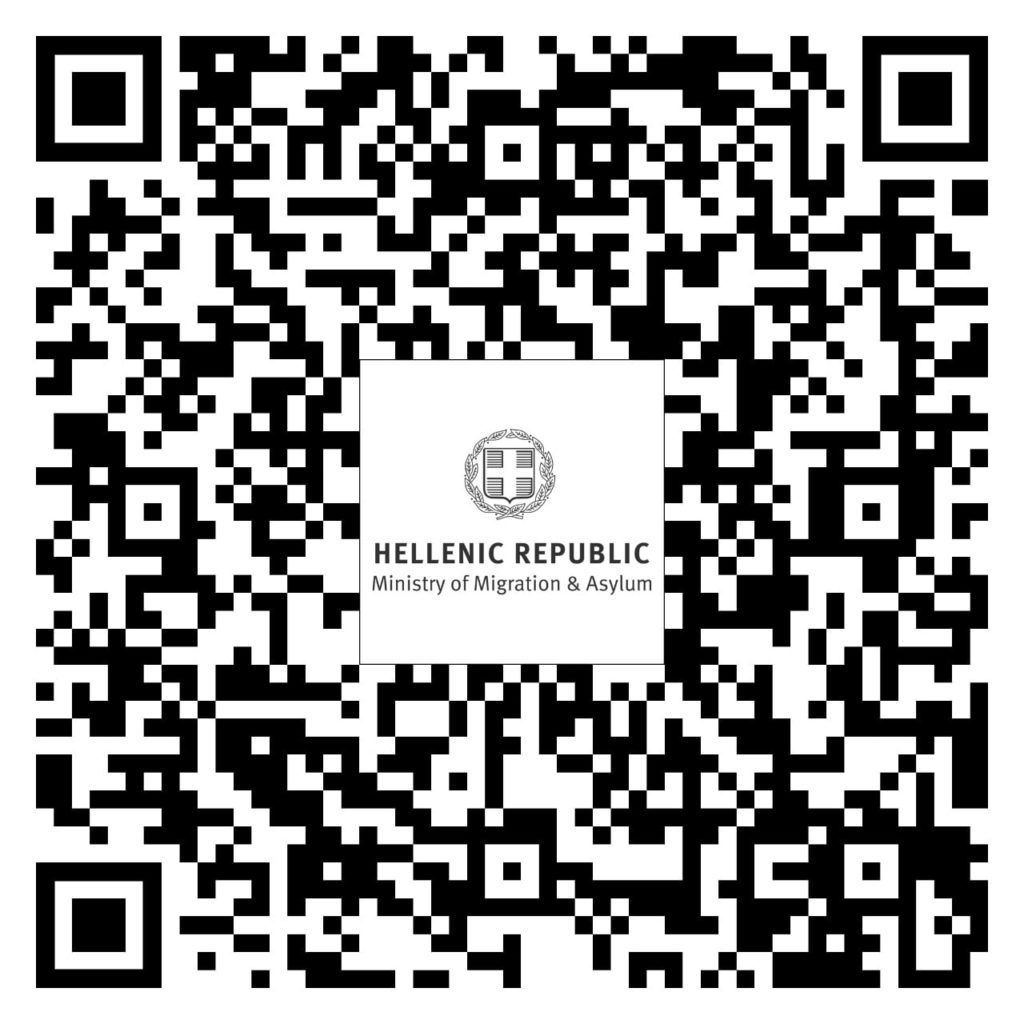Participation of the Minister of Migration and Asylum Mr Notis Mitarachi at the Changemakers Webinar Series Futures of Humanitarianism of Harvard University
The Minister of Migration and Asylum Mr. Notis Mitarachi participated at the Changemakers Webinar Series Futures of Humanitarianism held by Harvard University on the issue of ‘’The Future of Forced Migration in the Eastern Mediterranean’’.
In his speech Mr Mitarachi pointed out that ‘’most of the people coming to Greece are qualified as, what we call, forced migration, meaning people who try to come to the European Union through Greece departing from safe countries, although many of them may have been subject to difficult conditions in their countries of origin. Having said that, we need to have a more active stance on migration. I do not think that Europe needs to become a “closed Europe”. On the contrary we need more people in Europe, but we should get more people through legal pathways.’’
Referring to the humanitarian crisis in Afghanistan, Mr Mitarachi emphasised that ‘’Europe is not directly neighbouring Afghanistan. This doesn't mean, we don't have a responsibility, in fact we do have, but we cannot allow smuggling networks to operate, take money from people to help them come illegally into the European Union. That's something on which I think, unanimously the countries of the European Union, were negative in our last Council meeting.’’
Regarding the countries of first reception and the pressure they face, Mr. Mitarachi pointed out that
‘’we need to have a more open common protection space, I think that's something that most people would agree to, but also we need to think about some aspects of the Geneva Convention. For example, the Geneva Convention says who is a refugee and who is not a refugee, there is also international European legislation for that. If we can't return those not eligible for international protection in a safe and dignified manner back home, and of course offer them incentives to be able to go home, then the whole concept of offering international protection is being questioned by public opinion in many countries, because everyone very clearly believes in the need to protect refugees, but at the same time, we have to distinguish between refugees and illegally entered economic migrants, who should be able to come to Europe, but not illegally and through violating our borders.’’
With respect to safety issues and the new camps, the Minister of Migration and Asylum pointed out that
’we made a very organized effort. We created special arrival centers for new arrivals. We created protection areas within the camp. We moved vulnerable people out of the islands into hotels and in the mainland working with IOM, and also working with the UNHCR in many aspects. 40,000 people in the islands zero loss of lives, since the beginning of the pandemic. In total, in the 90,000 population we had in Greece, we have recorded 4 losses of life. We're building new camps, which provide respectable living conditions for asylum seekers and a good level of safety.’’
